
CAR T-cell therapies, anti-cancer viruses, precision and personalised oncology, powerful new testing options: Never before have cancer patients had more reason for hope. However, analysis of the first clinical applications reveals that even the most promising new techniques may fall short of initial expectations. At the end of the day, the novel approaches still hold great potential – even when some more fine tuning is required. Enjoy reading!
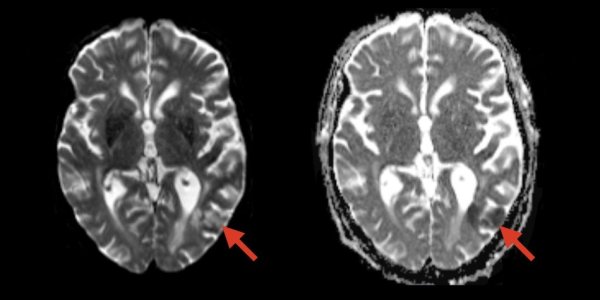
Article • Cancer patients at risk
Blood test detects risk of neurotoxicity from CAR T-cell therapy
Chimeric antigen receptor (CAR) T-cell therapy is an immunotherapy treatment that re-engineers a patient’s own T-cells to help them attack malignant tumour cells. It has been very effective in the treatment of blood cancers, including certain ...
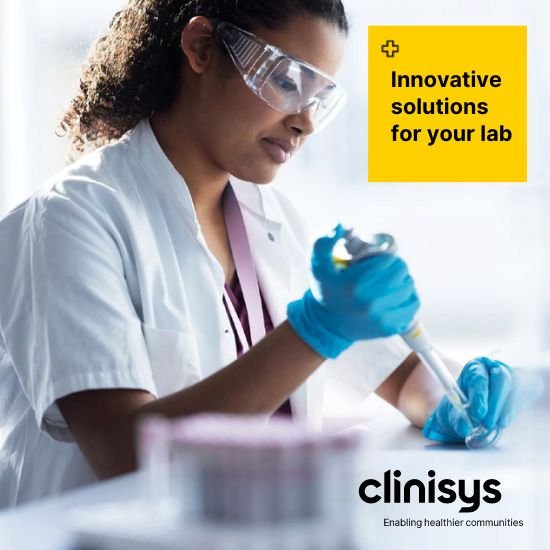 |
Sponsored • Diagnostic informaticsInnovative solutions for constantly changing laboratory requirementsToday, a large part of all further medical treatments is based on the results of laboratory analyses. The demand for complex test procedures remains high and the challenges for laboratories are growing. |
 |
Article • Progress, limitations, and opportunitiesPrecision oncology: incredible potential, but not a miracle cureUnanswered questions are hampering clinicians in their efforts to get the best out of a precision medicine approach for their patients. Speaking at the Genomics and Precision Medicine Expo in London at the end of May, cancer educator Dr Elaine ... |
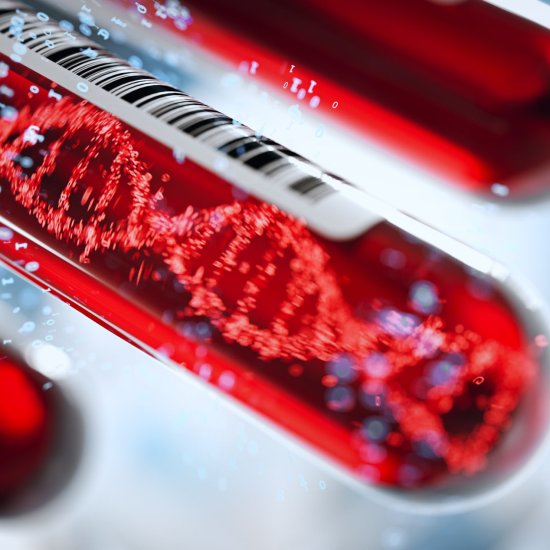 |
News • MCED for 50+ cancer typesMulti-cancer blood test shows real promiseA trial of a new blood test for more than 50 types of cancer correctly revealed two out of every three cancers in more than 5,000 people who had visited their GP with suspected symptoms. |
 |
News • Brain cancer breakthroughCan a virus help beat glioblastoma?US researchers identified a potential breakthrough in glioblastoma treatment. Using a modified virus, they created a treatment that specifically attacks tumor cells, while leaving normal cells intact. |
 |
News • Conveying probability“You (might) have cancer” – Pitfalls in doctor-patient communicationA new study from Munich reveals: Whether patients are able to correctly assess risks depends partly on how physicians convey statistical information to them. |
 |
News • Message from our partnerMake a step towards sustainable digital healthcare ecosystem at Automa+ 2023Executive opening panel dedicated to the sustainable digital healthcare ecosystem is the highlight of the Automa 2023 Congress (September, 25-26, Zurich, Switzerland). |
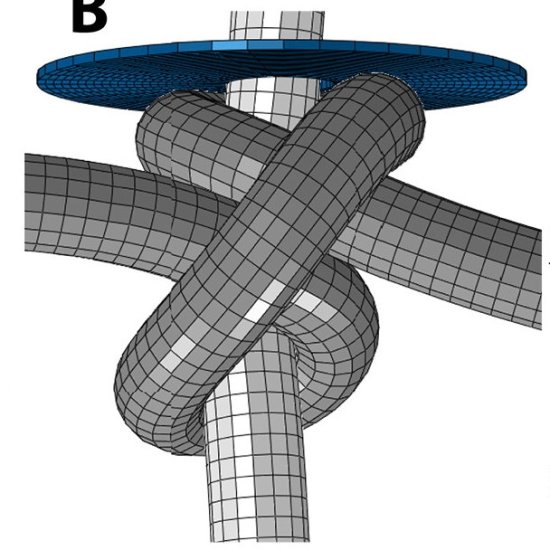 |
News • Researchers tie up loose endsThe ideal surgical knot (according to science)Knots are a crucial part of surgery, but surprisingly little is known about how they work. To fill this gap, a team at EPFL started the first physics-based study on the mechanics of surgical knots, and exactly what properties influence their ... |
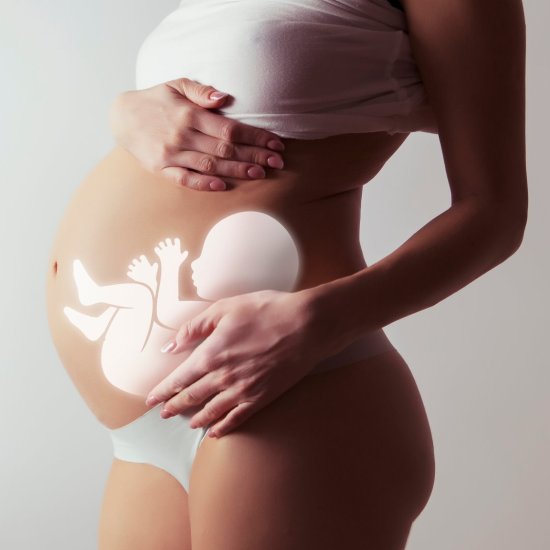 |
News • Counteracting neuroinflammationMultiple sclerosis: Why women get better when pregnantWomen suffering from multiple sclerosis temporarily get much better when pregnant. Researchers have now identified the beneficial changes naturally occurring during pregnancy. |
 |
News • Patients' perception of AI avatarsMedical advice from ChatGPT: Can a bot's appearance stir bias?Chatbots are increasingly becoming a part of health care around the world, but do they encourage bias? New research from the University of Colorado School of Medicine hints at this possibility. |
You are receiving this email because you subscribed to our newsletter on healthcare-in-europe If you don’t want to receive this newsletter anymore, click here to unsubscribe. Keep up-to-date on the latest news from all hospital-related fields! Copyright © 2025 mgo fachverlage GmbH & Co. KG. E.-C.-Baumann-Straße 5, 95326 Kulmbach, Germany |